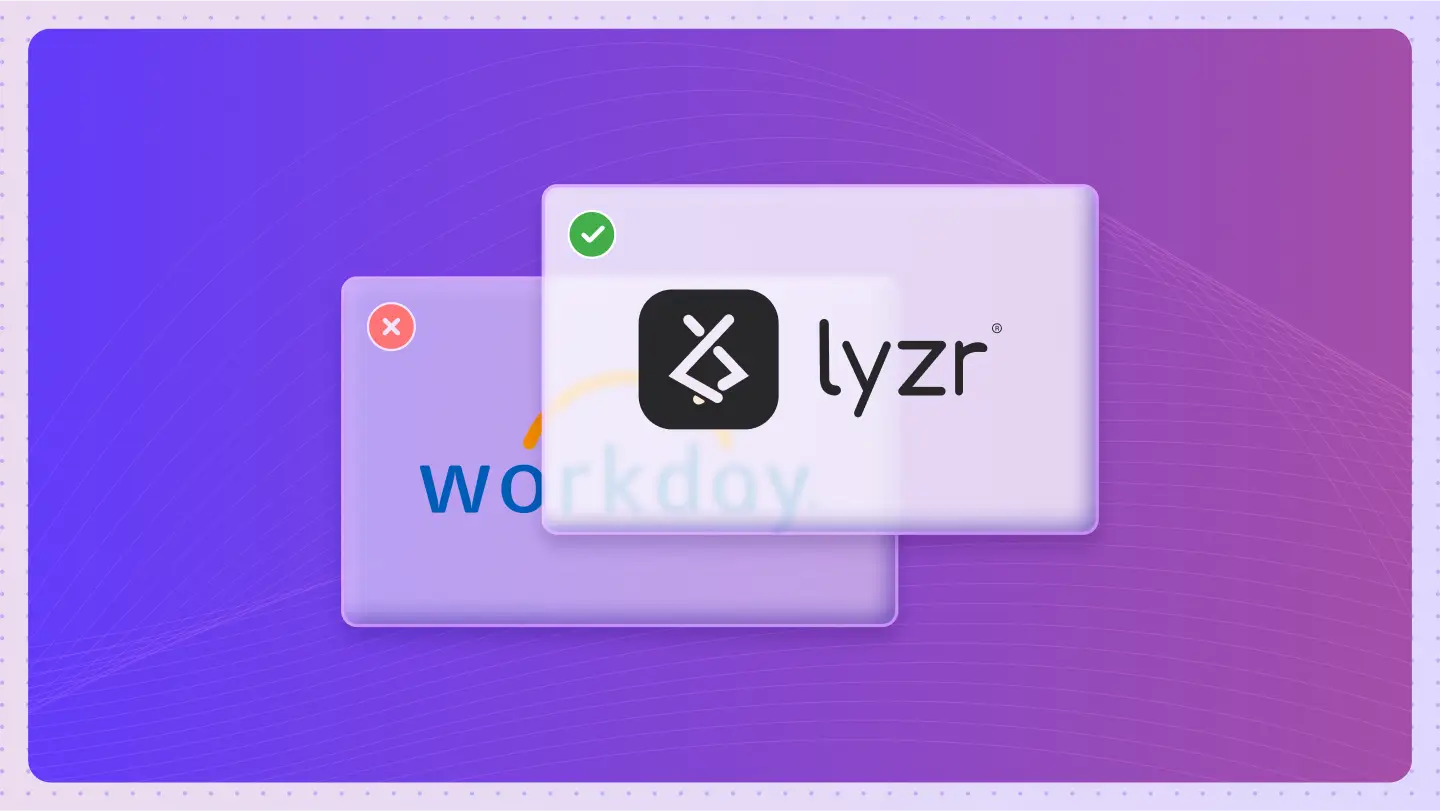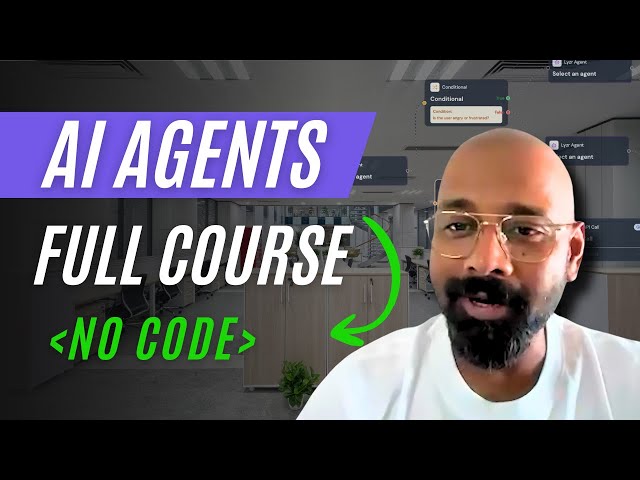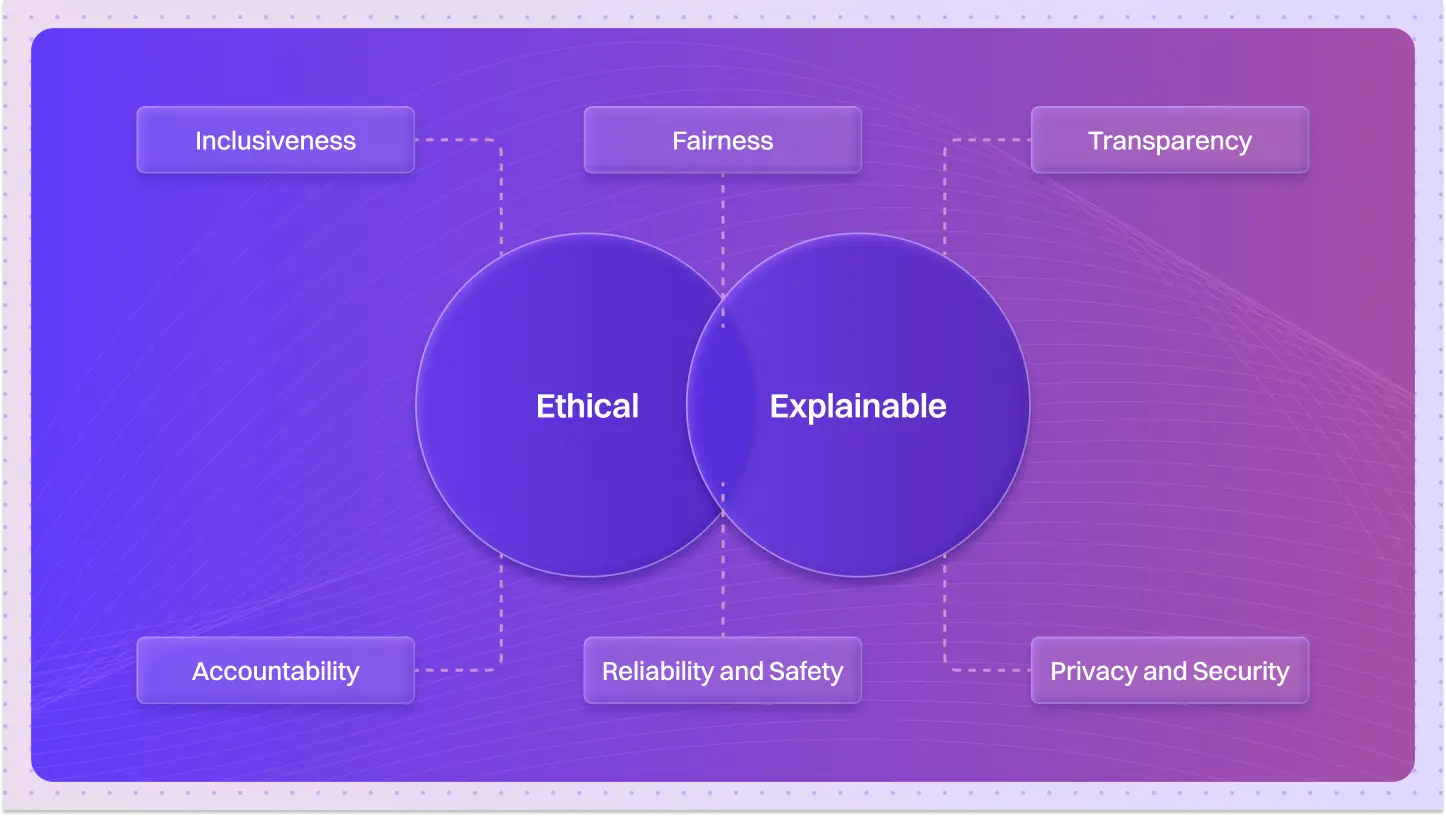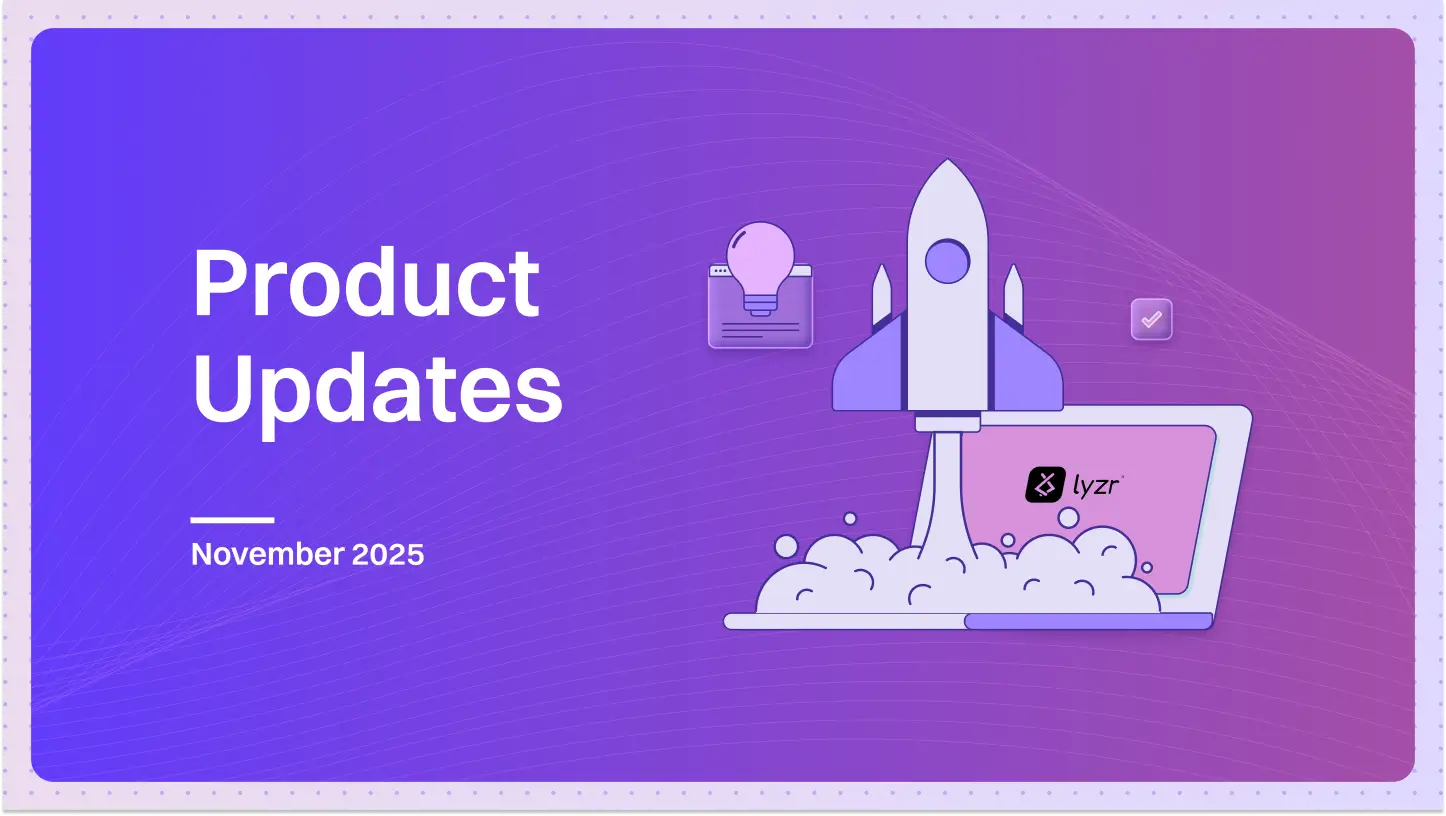The difference between learning a task and learning how to learn.
Meta Learning AI Agents are advanced AI systems designed to “learn how to learn.” Rather than being programmed for specific tasks, these agents develop generalized learning strategies that allow them to quickly adapt to new problems, domains, and datasets with minimal additional training. They effectively extract patterns from their learning experiences to become more efficient learners over time.
Think of a Meta Learning AI Agent like a student who doesn’t just memorize facts for a test, but instead develops study techniques that help them learn any subject more effectively.
When faced with an entirely new subject, they don’t start from zero-they apply their meta-knowledge about how learning itself works to accelerate their understanding of the new domain.
This ability to “learn how to learn” is one of the most critical steps toward building more adaptable, flexible, and general-purpose AI
What are Meta Learning AI Agents?
They are AI systems that master the process of learning itself.
A traditional machine learning model is a specialist.
You train it on a massive dataset for one specific job, like identifying cats in photos.
It gets very good at that one job.
But ask it to identify dogs, and it fails completely without starting its training all over again.
Meta Learning Agents are generalists.
They are trained across a wide variety of different tasks.
The goal isn’t for them to master any single task.
Instead, the goal is for them to learn the underlying patterns of how to learn those tasks.
This allows them to approach a brand new problem and adapt to it with incredible speed and minimal data.
How do Meta Learning AI Agents differ from traditional machine learning?
It’s the difference between memorizing an answer and understanding the formula.
Traditional Machine Learning:
- Requires huge amounts of labeled data for each new task.
- The model’s knowledge is brittle and doesn’t transfer well to new domains.
- Adapting to a new problem means extensive retraining, often from scratch.
Meta Learning AI Agents:
- Can adapt to new tasks with very few examples, a concept called “few-shot learning.”
- Develop abstract learning strategies that work across many different types of problems.
- Efficiently transfer knowledge and learning processes between tasks.
A traditional model is like a heavily customized tool for one specific job. A meta-learning agent is like a master craftsperson who can quickly forge a new tool for whatever job comes up.
What technical mechanisms enable effective meta learning?
It’s about building a system that optimizes its own learning process.
Several key frameworks make this possible:
- Model-Agnostic Meta-Learning (MAML): This popular technique finds a set of initial model parameters that are not perfect for any single task, but are an excellent starting point for quickly fine-tuning to many different new tasks.
- Memory-Augmented Neural Networks: These agents have an external memory they can write to and read from. This allows them to store key insights from past learning experiences and recall them when facing a new, similar challenge.
- Metric Learning: Instead of learning to classify things directly, these methods learn a function to determine how similar or different two things are. For a new task, the agent can then classify new items by comparing them to a few known examples.
- Meta-Reinforcement Learning: An agent doesn’t just learn a policy to solve one game. It learns a process for quickly exploring and solving any new game it encounters.
- Hierarchical Bayesian Models: These models learn a high-level understanding of how tasks are related. This prior knowledge helps the agent make much smarter inferences when it’s given limited data for a new task.
What are the key challenges in building Meta Learning AI Agents?
Teaching an AI how to learn is significantly more complex than teaching it a single skill.
- The Two-Level Optimization Problem: Meta-learning involves an “outer loop” that improves the learning strategy and an “inner loop” that learns a specific task. Getting these two optimization processes to work together without interfering is extremely difficult.
- Task Diversity: The performance of a meta-learner depends heavily on the variety of tasks it sees during training. If the tasks are too similar, it won’t learn a general strategy. If they are too different, it may not find any common ground to learn from.
- Computational Cost: Training an agent across hundreds or thousands of different tasks is incredibly computationally expensive and time-consuming.
- Catastrophic Forgetting: As an agent adapts to new tasks, it’s easy for it to forget or overwrite what it learned from previous tasks.
How do Meta Learning AI Agents adapt to new tasks?
They use a two-phase process: meta-training and meta-testing.
Phase 1: Meta-Training (Learning to Learn)
The agent is exposed to a wide distribution of different tasks.
For each task, it tries to learn, and then it evaluates how well it learned.
It adjusts its internal learning algorithm and initial parameters based on this feedback.
The goal isn’t to solve any one task perfectly, but to get better and better at the process of learning itself.
Phase 2: Meta-Testing (Rapid Adaptation)
The agent is presented with a brand new task it has never seen before.
It uses its highly optimized internal learning strategy to adapt.
Given just a handful of examples (the “support set”), it can quickly fine-tune itself to achieve high performance on the new task.
What industries and applications benefit from Meta Learning AI Agents?
Any field where rapid adaptation and data efficiency are critical.
- Healthcare: Meta-learning can help create diagnostic models that adapt to rare diseases or new patient populations using very little data.
- Robotics: A robot can use meta-learning to quickly adapt to a new task, like grasping an object it’s never seen before, without needing thousands of practice runs.
- Drug Discovery: Agents can transfer knowledge from previous drug discovery projects to accelerate the search for new molecules that target new diseases.
- Computer Vision: It enables rapid adaptation to specialized visual domains, like analyzing satellite imagery or medical scans, without needing massive new labeled datasets.
- Natural Language Processing: Language models can be quickly adapted to understand the jargon of a specific industry (like legal or medical) with only a few examples.
How is the performance of Meta Learning AI Agents evaluated?
You don’t test what it knows; you test how fast it can learn something new.
- Few-Shot Learning Performance: This is the primary metric. How accurately can the agent perform on a new task after seeing only K examples (e.g., 1-shot, 5-shot learning)?
- Adaptation Speed: How many examples or training steps does it take for the agent to reach a target performance level on a new task?
- Learning Efficiency: How much better does the meta-learned agent perform compared to a model trained from scratch on the same small amount of data?
- Task Generalization: How well does the agent adapt to tasks that are very different from the ones it saw during meta-training?
Quick Test: Spot the Meta Learning Success
Scenario: A company wants to build an AI that can identify defects in various types of machine parts from images. They introduce a new part to the assembly line every month.
- Traditional Learning Approach: For each new machine part, the data science team must collect thousands of images, manually label them as “good” or “defective,” and then spend days retraining their model from scratch.
- Meta Learning Approach: The team uses a meta-learning agent that has been pre-trained on a wide variety of object recognition tasks. For a new machine part, an engineer provides just 5-10 labeled examples. The agent uses its learned adaptation strategy to become an expert defect detector for that new part in a matter of minutes.
Going Deeper: Your Meta Learning Questions Answered
How does meta-learning relate to human learning?
Meta-learning is heavily inspired by how humans learn. A child doesn’t just learn facts; they learn strategies like memorization, deduction, and problem-solving, which makes them better learners over time. Meta-learning tries to replicate this ability to acquire abstract learning strategies from experience.
What’s the difference between meta-learning and transfer learning?
In transfer learning, you take a model trained on Task A and fine-tune it for a related Task B. You are transferring the knowledge. In meta-learning, you train a model across Tasks A, B, C, D… so that it becomes good at the process of adapting to a new Task Z. You are transferring the ability to learn.
How do meta-learners balance exploration and exploitation?
This is a core challenge, especially in meta-reinforcement learning. The agent has to learn a strategy that balances exploring a new environment to understand its rules (exploration) with using what it has already learned to get rewards (exploitation). The meta-learning process optimizes for this balance across many different environments.
Can meta-learning lead to artificial general intelligence (AGI)?
It’s considered a significant piece of the puzzle. A key component of general intelligence is the ability to adapt quickly to novel situations. Meta-learning directly addresses this. However, AGI would also require other components like common sense, causal reasoning, and abstraction, which meta-learning alone doesn’t solve.
How data-efficient are Meta Learning AI Agents in practice?
They are incredibly data-efficient during the adaptation phase. They might need only 10-100 times less task-specific data than a traditional model. However, it’s important to remember they often require a huge and diverse amount of data during the initial meta-training phase to learn the general strategies in the first place.
The quest for meta-learning is a move away from creating AI that simply knows things, toward creating AI that knows how to learn.
These agents promise a future where AI systems are not brittle specialists, but nimble generalists capable of adapting to the complexities of the real world with a speed that begins to resemble our own.







